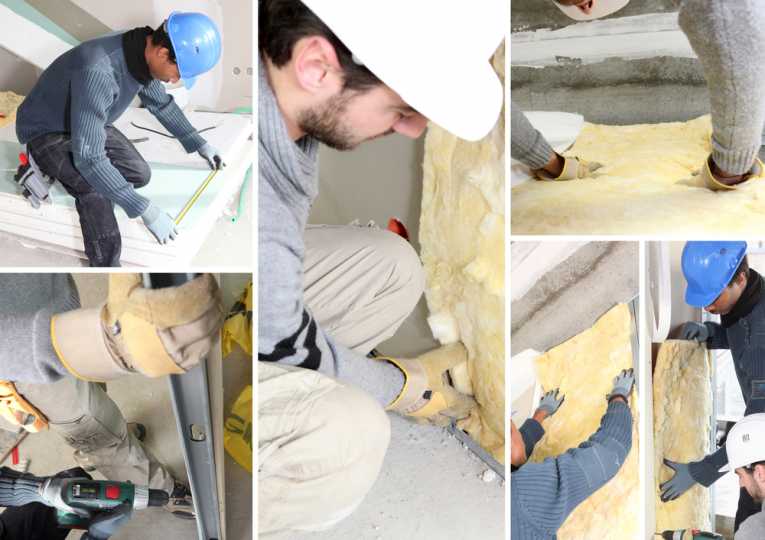UK health chief Andrew Lansley has unveiled a £30 million package to ensure people stay warm and well this winter. The proposals, from the Government, the Met Office and charity Age UK, show how the elderly and vulnerable can be well looked after when cold weather hits.
They include: A new £20 million package, backed by Age UK, for councils and third sector organisations to combat cold homes, seeking bids to attract bold solutions to aid vulnerable groups, including those not helped by existing projects; an extra £10 million for insulation grants and additional heating support; a 'Cold Weather Plan' from the Health Protection Agency and Met Office providing health advice, so helping the overworked National Health Service; a comprehensive Getting Ready for Winter website.
Health Secretary Andrew Lansley says, ""We want everyone to get ready for winter and be prepared before temperatures drop.
"Being cold in your own home can be miserable and impacts on your health. We cannot look at health in isolation. We must look at the bigger picture, which is why I am making £30 million available to help keep homes warm.
"Older people and those with long term illnesses are particularly vulnerable to the cold and we need to be aware - within families, in communities and across the NHS - of how we can help others when the winter temperatures drop.
"Every year, there is a 20 per cent increase in deaths in the winter in England. By working together, this coordinated plan will help protect those most in need, we are determined to do all we can to achieve this."
Freezing weather can cause many health problems, including:
- more heart attacks and strokes - making up four out of every 10 of additional deaths in winter.
- busier doctors' surgeries - for each 1°C drop under 5°C of the mean temperature inquiries about breathing problems leap almost 20%.
- rising NHS costs - last year, around £42million was spent on treating patients admitted after slipping and falling on ice and snow.
- Cold housing means the NHS has to spend £850million each year on treating health issues
Last December was the coldest in the last 100 years, according to the Met Office.
Professor Virginia Murray, from the Health Protection Agency, says, "Many of the deaths and injuries due to cold weather are preventable. People most at risk should make sure they have their flu jabs, and everyone should wear sufficient layers of clothing and shoes or boots with non-slip soles while outside. They should also have enough of their medication in the event of severe weather.
"People should have their fossil fuel and wood burning appliances such as boilers, heaters and cookers, regularly checked by an appropriately registered engineer. Poorly maintained appliances may release carbon monoxide, a gas which can kill at high levels and cause health problems at lower levels."
Professor Dame Sally Davies, the Chief Medical Officer, adds, "Keeping our homes warm is important - but it's not necessary to heat the whole house. We just need to keep the main rooms we occupy - such as the living room and bedroom - warm. Warm clothing and hot drinks should help prevent our most vulnerable people falling ill this winter."
Michelle Mitchell, the Charity Director of Age UK comments, "We warmly welcome the fact that the Department of Health now recognises that cold weather and fuel poverty cause avoidable illness which leads to distress for older people affected as well as adding to the workload of all healthcare providers. Ministers have long acknowledged the fact that every winter brings thousands of avoidable deaths."










